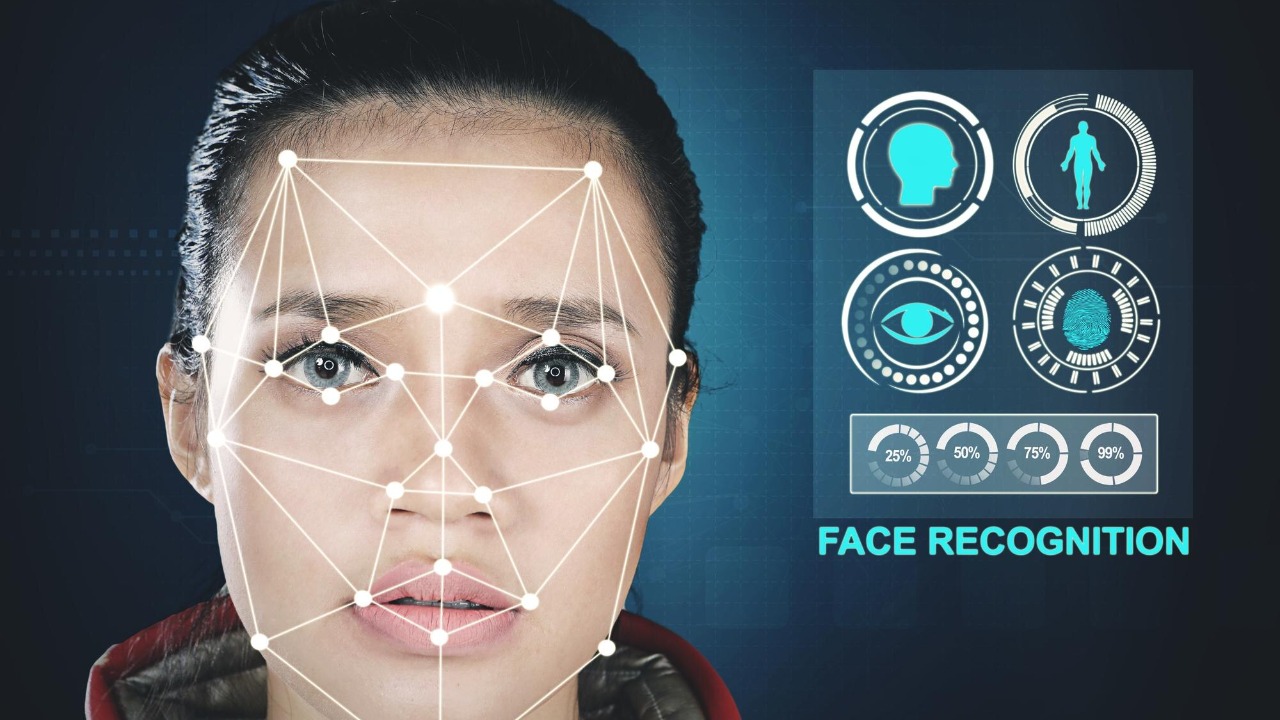
Artificial intelligence (AI) is making significant strides in various sectors, including a remarkable breakthrough in predicting criminal behavior. With a staggering accuracy rate of 90%, AI’s role in crime prevention and law enforcement is becoming increasingly crucial.
1. The Role of AI in Predicting Criminal Behavior

AI’s function in crime prediction is a fascinating blend of data analysis and pattern recognition. It sifts through vast amounts of data, identifying patterns and trends that can help forecast criminal behavior. This predictive capability is not just theoretical; it has been proven in practice with an impressive 90% accuracy rate, as reported by AI Business and New Scientist.
This level of accuracy is a game-changer for law enforcement agencies. It allows them to anticipate criminal activities, allocate resources more efficiently, and potentially prevent crimes before they occur. The impact of AI on crime prevention and law enforcement is profound, and its role is set to become even more significant in the future.
2. The Science Behind AI’s Accuracy in Crime Prediction

The AI model used for crime prediction is a sophisticated system that leverages machine learning and big data. It works by analyzing various types of data, including crime statistics, demographic information, and geographical data. The AI interprets this data, identifying patterns and trends that can indicate potential criminal activity.
What sets this AI model apart is its ability to predict crime with a high degree of accuracy. According to Science Focus, the algorithm can predict future crimes with 90% accuracy. This level of precision is a testament to the sophistication of the AI model and its potential to revolutionize crime prediction and prevention.
3. Case Studies of AI’s Success in Crime Prediction

There are numerous instances where AI has successfully predicted criminal behavior. For example, Microsoft’s AI-powered success stories include several examples of AI being used to predict and prevent crime. These cases demonstrate the practical application of AI in crime prediction and its potential to transform law enforcement.
These successful predictions have had a significant impact on crime prevention efforts. By accurately predicting potential criminal activities, law enforcement agencies can take proactive measures to prevent crimes before they occur. This not only helps to keep communities safer but also allows law enforcement agencies to use their resources more efficiently.
4. Concerns and Ethical Implications of AI Predicting Criminal Behavior

While the use of AI in crime prediction offers many benefits, it also raises several ethical concerns. These include issues related to privacy, potential misuse of the technology, and the risk of false positives. There are also concerns about the potential for bias in the AI algorithms, which could lead to unfair targeting of certain groups.
These concerns are being taken seriously, and steps are being taken to ensure the responsible use of AI in crime prediction. As reported by Science Focus, the creator of the AI model believes that the technology won’t be abused. This is due to the stringent measures in place to prevent misuse and the ongoing efforts to address potential ethical issues.
5. The Future of AI in Crime Prediction and Prevention

Looking ahead, the role of AI in crime prediction and prevention is likely to continue to evolve. Based on current trends and advancements, we can expect to see even more sophisticated AI models being developed, capable of predicting crime with even greater accuracy.
Moreover, the impact of AI on society and human evolution could be profound. As suggested by SciTechDaily, AI could reshape human evolution, particularly in relation to crime and law enforcement. As AI continues to advance, it will undoubtedly play an increasingly important role in our society and our lives.